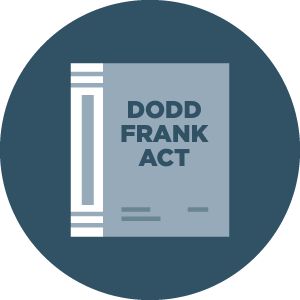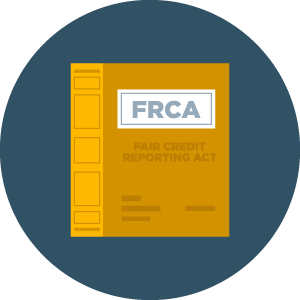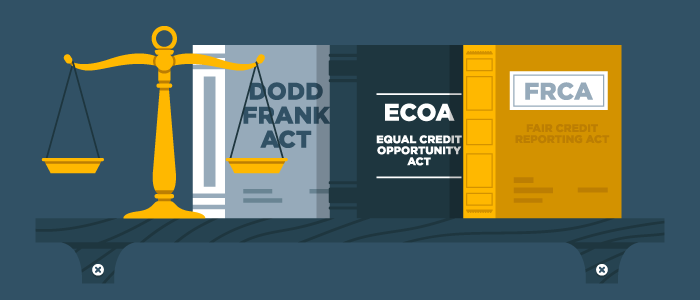Talk to Sales: (401) 200-6026
Auto dealers that aren’t CFPB compliant could face legal action and millions of dollars in penalties.
The Consumer Federal Protection Bureau (CFPB) is a U.S. government agency that ensures the fair treatment of consumers by lenders and financial institutions. Because most car lots provide lending services, they must be CFPB compliant. Dealer-assisted financing and in-house lending regulations can be overwhelming to some dealer managers, but the consequences are too severe to ignore.
There’s a price to pay for violating CFPB rules.
In 2014, DriveTime became the first Buy Here Pay Here dealer to face action against the CFPB. They were caught violating the Dodd-Frank Act by reporting inaccurate information to credit bureaus and also for making harassing debt collection phone calls to borrowers. In the end, they were ordered to pay a civil penalty of $8 million and end all unsavory business practices.
Two years later in 2016, the CFPB busted Herbie’s Auto Sales for engaging in unlawful lending practices. Herbie’s violated Truth in Lending regulations as well as the Dodd-Frank Act by luring customers in with false APR rates and hidden finance charges. The dealership was ordered to pay $700,000 in restitution and to end all deceptive sales practices.
The first step to becoming CFPB compliant is understanding the most important guidelines.
Consumer Protection Act (Dodd-Frank Act)
To prohibit misleading claims from auto dealers, the Dodd-Frank Act gives the Federal Trade Commission the authority to enforce the Truth in Lending Act Regulation Z (TILA or Reg Z). Regulation Z requires lenders to present consumers with full disclosure regarding loan terms and rates. Dealers are required to provide risk-based disclosure notices to consumers who accept loans terms that are viewed as less than favorable. Adverse action notices are to be given to consumers who are denied credit or offered terms different from what they initially applied for.
Equal Credit Opportunity Act
In 1974, the ECOA was created to prohibit lenders from denying credit to a consumer because of their race, color, religion, national origin, sex, marital status, or age.
Fair Credit Reporting Act (Regulation V)
In 1970, the FRCA was created to govern the proper collection and use of consumer credit information. It also regulates the practices of agencies that report payments (or lack thereof) to a consumer’s credit report for use by other lenders or agencies requiring a credit check.
The CRA vs. the Auto Lending Bulletin
In 2013, the Consumer Federal Protection Bureau released the “Indirect Auto Lending and Compliance with the Equal Credit Opportunity Act.” The announcement, also known as the Auto Lending Bulletin, presented guidelines that addressed dealer markup policies and attempted to protect consumers from discriminatory pricing and lending practices by indirect auto lenders. These guidelines only lasted about five years before President Trump signed the U.S. Congress approved Congressional Review Act Resolution of 2018. These particular changes made headlines because it was the first time the Congressional Review Act (CRA) was used to eliminate rules that have been implemented for several years. The Auto Lending Bulletin currently has no bearing over auto dealers, but the ECOA and Regulation B guidelines are still strictly enforced.
The only way to avoid lawsuits is to make compliance a priority.
- Increase awareness of CFPB guidelines by periodically visiting the official CFPB website or by reading dealer association newsletters. Dealer associations are a great resource because all posts or updates are specifically geared towards auto dealers.

- Implement a dealership-wide compliance management strategy. It takes a team to sustain dealer compliance success.
- Perform periodic self-audits to monitor compliance effectiveness and fix any issues as soon as possible.
- Never mislead a consumer. Be sure to provide full disclosure of any fees following Consumer Protection Act regulations.
- Always follow ECOA guidelines by treating customers fairly and without discrimination.
- Approach debt collection carefully and never harass customers who owe money. Seek the advice of a trusted lawyer when debt collection becomes difficult.
- Put systems in place to ensure all credit bureau reporting is accurate.
It’s no surprise that car dealers are overwhelmed by compliance because the list of rules and regulations to abide by seems infinite. Even still, the last thing you want to do is avoid the issues that put your dealership at risk. It only takes a little extra effort to avoid lawsuits that could put your dealership out of business for good.
-
Interested in an Affordable, Full-Featured Auto Dealer CRM?
Schedule an AutoRaptor Demo Now!





